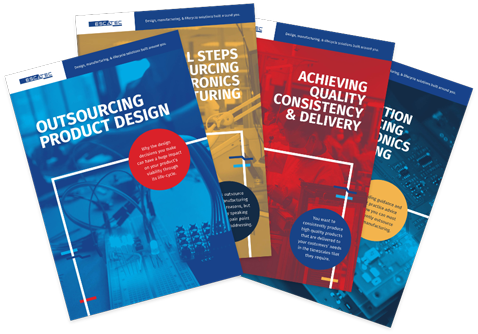Designing and manufacturing smart building solutions with ESCATEC
Quick Summary Smart building solutions combine building controls hardware ...
RESOURCES
By signing up you agree to our Privacy Policy

©2026 ESCATEC. All rights reserved.